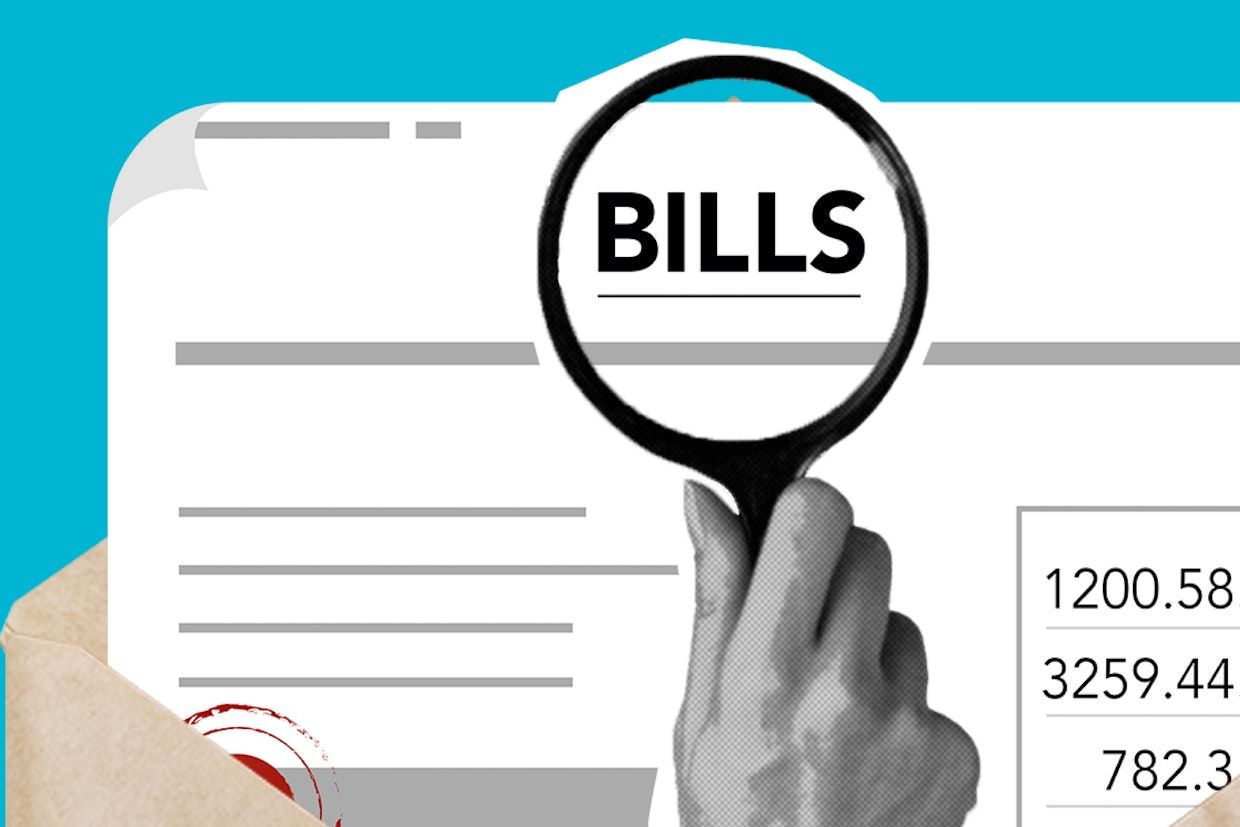Do You Have Direct Debits and Online Payments Set Up for Your Business?
Do you have direct debits and online payments set up for your business? Making it easy for your customers to pay you is vital to business success. Getting direct debits and alternative payment methods linked to your business is so easy these days there's no excuse not to give your customers multiple ways of making payment.
Many service-based businesses choose direct debit arrangements with their clients to avoid late payment. If you’re often chasing overdue payments, consider implementing direct debit arrangements to reduce your administration time.
If you’re already using online accounting software, check the add-on solutions and choose one that integrates with your accounts. This means the payment platform information feeds directly into your accounting software to be easily matched to customer transactions.

Make it Easy
You probably already have bank transfer information set up, but adding several other methods such as PayPal, debit cards, and credit cards allows customers to choose the method most convenient for them. Many customers appreciate the automation and simplicity of direct debits. Make sure your payment terms and conditions are clear on your website and invoices and don't forget to include all your chosen payment methods for customers!
Worried About Costly Fees?
You have the option to choose whether you will absorb the cost of the payment gateway processing fees or whether you will add the cost to your invoice and charge clients extra. Your accounting software will then allocate the funds accordingly to invoice payment and fees received.
Better Transaction Recording
When you integrate direct debits and online payment methods with your accounting system, you dramatically reduce errors in recording customer payments – which means less time spent on your accounts!
Not Sure Where to Start?
If you’d like to make it easier for customers to pay you, talk to us about which solutions are best for your business. We can discuss which platforms have the best and most secure integrations with the accounting software you use. We’ll help streamline your payment systems.



